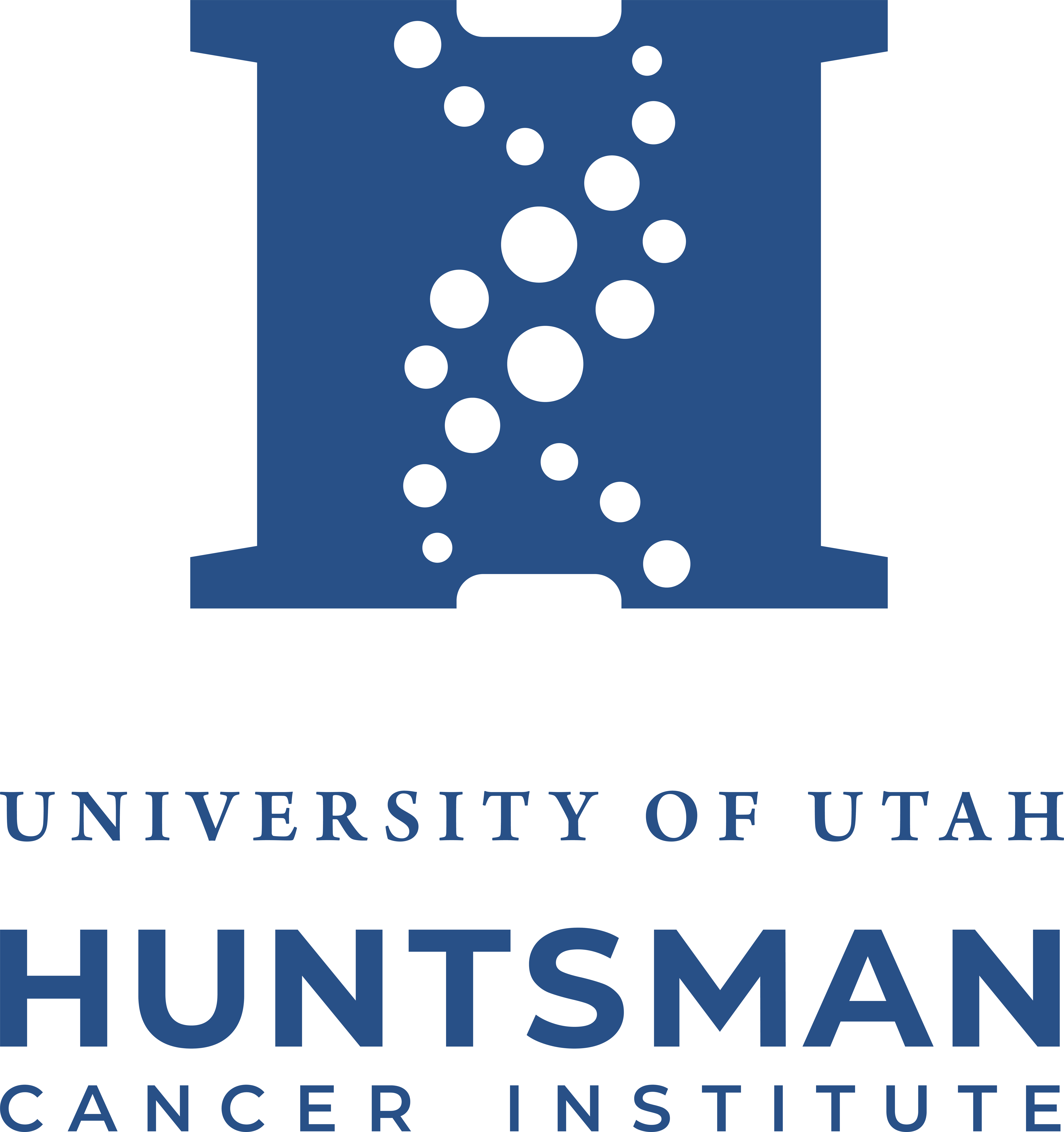
Supplements and Featured Publications
- Research Efforts Underway for RARA+ MDS and AML
- Volume 1
- Issue 1
Dr. Osman on the SELECT-MDS Trial in Higher-Risk Myelodysplastic Syndrome

Afaf E. Osman, MD, discusses the phase 3 SELECT-MDS trial in patients with higher-risk myelodysplastic syndrome.
Afaf E. Osman, MD, assistant professor, the University of Utah, Huntsman Cancer Institute, the University of Utah Health, discusses the phase 3 SELECT-MDS trial (NCT04797780) in patients with higher-risk myelodysplastic syndrome (MDS).
The SELECT-MDS trial is evaluating tamibarotene (Amnolake) plus azacytidine (Vidaza) vs azacitidine plus placebo in patients with newly diagnosed retinoic acid receptor alpha (RARA)–positive, higher-risk MDS.
Patients with higher-risk MDS are identified using the international prognostication scoring system, and the trial is designed specifically for patients with RARA-positive disease, Osman explains. An RNA test is utilized to test for the presence of RARA positivity in the blood, and if patients are positive for this biomarker, they are eligible to enroll in the trial, Osman adds.
Prior data demonstrated that tamibarotene plus azacytidine elicited promising responses in patients with RARA-positive MDS, Osman continues. In SELECT MDS, patients are randomized 2:1 to azacytidine with tamibarotene vs azacytidine with placebo, Osman says. Patients in the experimental arm will receive 6 mg of oral tamibarotene twice per day on days 8 through 28 of each 28-day cycle, and prior data have shown this regimen to be tolerable, Osman concludes.
Articles in this issue
almost 3 years ago
Dr Alfonso Piérola on Unmet Needs in Higher-Risk MDSalmost 3 years ago
Dr Borthakur on the SELECT MDS-1 Trial in Newly Diagnosed MDSover 3 years ago
Future Perspectives in Higher-Risk MDSover 3 years ago
SELECT-MDS-1: Review of Study Design and Objectives





































